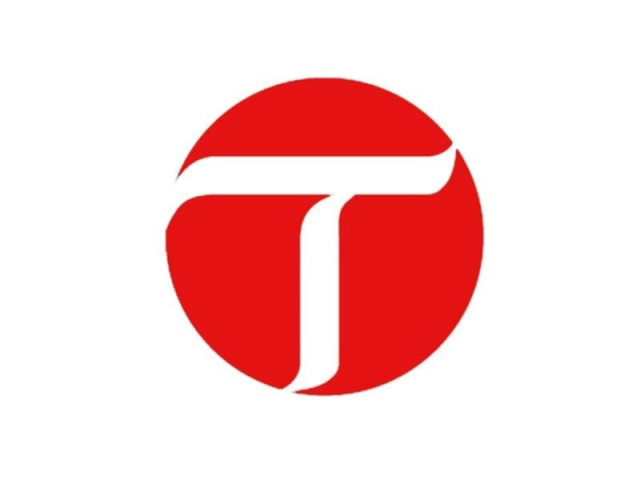Sustainable growth hinges on realistic policies
Experts advocate reforms tailored to ground realities, rather than quick fixes to satisfy lenders

After years of extreme turbulence, the economy of Pakistan is showing some encouraging signs of stabilisation. However, this mild optimism, according to experts, could remain fragile unless supported by long-term, realistic and home-grown policy frameworks.
Economists and industrialists agree that while short-term measures have restored some degree of market confidence, the country's future depends on sustainable reforms tailored to Pakistan's ground realities, rather than temporary fixes designed to satisfy external lenders.
The State Bank of Pakistan (SBP), in the backdrop of recent floods, has already revised down GDP growth towards the lower end of its early projections of 3.25% to 4.25%. The International Monetary Fund (IMF), which is set to unlock $1.2 billion in fresh funding, also forecasts almost a similar GDP growth for FY26, ie 3.6%.
Pakistani rupee is stable for quite some time and foreign exchange reserves are also heading towards betterment, primarily on the back of growing remittances and increase in foreign direct investment. However, business leaders say these optimistic projections must be viewed with caution. Syed Ahmed Ali, a medium-scale textile exporter, said while IMF's recognition of Pakistan's progress is a positive sign, it does not necessarily reflect the realities faced by local businesses.
"Macroeconomic stability looks good on paper, but the challenges for manufacturers are far from over," he said. "Access to affordable credit is still limited, logistics and infrastructure problems persist and bureaucratic hurdles continue to delay exports. Real stability will come when these bottlenecks are addressed." The government has also attracted fresh foreign interest through CPEC 2.0, a reinvigorated phase of the China-Pakistan Economic Corridor (CPEC) that focuses on industrial cooperation, renewable energy and technological modernisation. Projects under this new phase are expected to revitalise Special Economic Zones (SEZs), potentially creating thousands of jobs and boosting manufacturing exports.
Similarly, the recent visit of a high-level Saudi delegation, led by Prince Mansour bin Mohammad bin Saad Al Saud, brought new pledges of collaboration in energy, agriculture, information technology and mineral exploration. These developments, analysts say, could inject billions into the economy, if translated into concrete projects. Yet, despite these advancements, experts argue that Pakistan's growth story remains inconsistent and vulnerable. Political uncertainty, a fluctuating security environment and institutional weaknesses continue to undermine investor confidence.
Senior Executive Committee Member of the Lahore Chamber of Commerce and Industry, Ali Imran Asif, said while reforms have brought temporary relief, they need to evolve into a continuous, inclusive process. "Pakistan has made visible progress towards stabilisation, but it is not yet sustainable," Asif said. "Economic reforms must be rooted in domestic consultation with experts and stakeholders. We cannot rely solely on policy prescriptions from international institutions. Real resilience will come only when policies are shaped by Pakistan's own realities."
He noted that although international rating agencies have recently signalled improved confidence in Pakistan's economy, the benefits are not yet reaching the grassroots level. "Political consistency and institutional strength are critical, without them, every gain we make risks being undone." The private sector, however, remains cautiously hopeful. Industrialists see potential in the combination of IMF-backed reforms, renewed investor interest from China and Saudi Arabia, and the government's push for export-led growth. But they stress that these opportunities can only bear fruit if policy continuity is maintained.
"Consumer purchasing power remains weak and industrial output continues to face challenges due to energy shortages and slow domestic demand," said Waseem Tariq, a businessman based in Lahore. He added that the common people and SMEs have not much to do with positive signs. What the country needs is a long-term, broad-based economic strategy, one that integrates fiscal discipline with industrial policy, infrastructure development and human capital investment.




















COMMENTS
Comments are moderated and generally will be posted if they are on-topic and not abusive.
For more information, please see our Comments FAQ